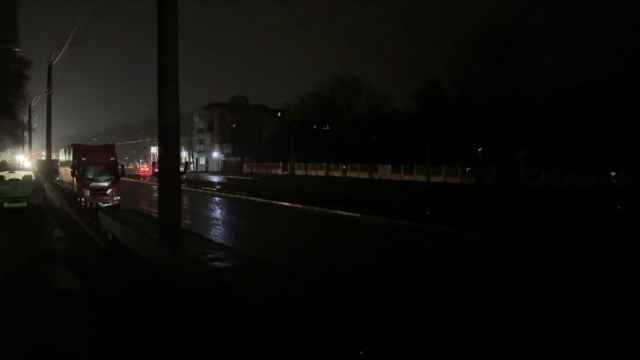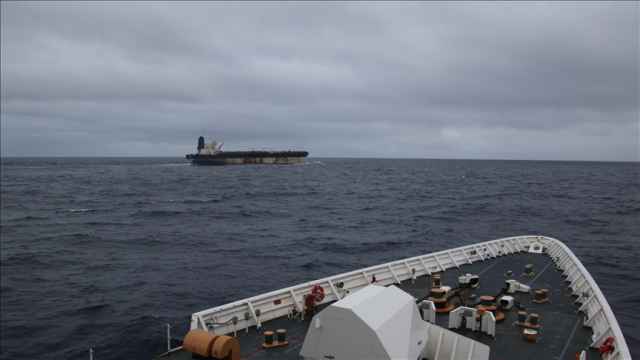Athletes at next month's Sochi Winter Olympics may be punished for making statements on the podium against Russia's anti-gay law or human rights record but can do so at news conferences without fear of sanction, the International Olympic Committee said.
Thomas Bach, president of the IOC, explained that under the Games charter political protests and demonstrations at venues are not allowed.
"It is very clear the Games cannot be used as a stage for political demonstrations however good the cause may be," Bach told a media conference call on Monday.
"The IOC will take, if necessary, individual decisions based on individual cases. It is also clear on the other hand the athletes enjoy freedom of speech so if in a press conference they wanted to make a political statement, they are absolutely free to do so."
Asked whether he was urging athletes to make their point at news conferences rather than the medals podium, Bach said: "If you are drawing this conclusion I would not say anything against it".
Russia has caused considerable controversy with a recent anti-gay propaganda law that critics say curbs the rights of homosexuals in the country.
In a clear message to Moscow, U.S. President Barack Obama included three openly gay athletes in his official Olympic delegation and Britain said it would send a minister responsible for its same-sex marriage laws.
Moscow expects more than 6,000 athletes from 85 countries and hundreds of thousands of sports fans in Sochi.
President Vladimir Putin has said homosexuals will not be discriminated against during the Feb. 7 to 23 Games but many athletes have said they will make their opposition known during the Olympics in the Black Sea resort.
The buildup to the first Russian Winter Olympics has been rocky, with security concerns peaking following bombing attacks in Volgograd last month.
"An IOC delegation is already in Sochi and of course in the meetings security matters are addressed," Bach said.
"It is the responsibility of the host country. We have full confidence in the host country. Russia and Russian services are working closely with international services to ensure all participants and visitors can feel safe and secure."
Bach also defended Sochi's $50 billion price tag for what will arguably become the most expensive Summer or Winter Olympics staged.
Senior IOC members have criticized the cost, saying it was scaring off possible future hosts.
Stockholm dropped out of the race for the 2022 Winter Games two weeks ago due to cost concerns while Switzerland and Germany ended plans to bid.
"Sochi was elected seven years ago with a project which gave Russia a winter sport center which Russia did not have after the dissolution of the U.S.S.R," Bach said. "The starting point for any bid or candidature is different and we should appreciate it … if a country decides in its own authority to develop a winter sports center."
"We cannot just say from our central European perspective, with us having built them over the last decades or century, that we are now against anybody else coming up as a competitor for winter sports," said Bach, a German lawyer who was elected to the top post in September.
He added that the issue of thousands of unpaid workers at Sochi's Olympic venues, highlighted in a German television report, had largely been resolved with the intervention of the IOC.
"The IOC addressed these problems and concerns with the organizing committee and as a followup to these discussions you could see the agreement reached with the Deputy Prime Minister and the ombudsman for human rights in Russia to pay 227 million rubles ($6.56 million) in outstanding payments," said Bach.
A Message from The Moscow Times:
Dear readers,
We are facing unprecedented challenges. Russia's Prosecutor General's Office has designated The Moscow Times as an "undesirable" organization, criminalizing our work and putting our staff at risk of prosecution. This follows our earlier unjust labeling as a "foreign agent."
These actions are direct attempts to silence independent journalism in Russia. The authorities claim our work "discredits the decisions of the Russian leadership." We see things differently: we strive to provide accurate, unbiased reporting on Russia.
We, the journalists of The Moscow Times, refuse to be silenced. But to continue our work, we need your help.
Your support, no matter how small, makes a world of difference. If you can, please support us monthly starting from just $2. It's quick to set up, and every contribution makes a significant impact.
By supporting The Moscow Times, you're defending open, independent journalism in the face of repression. Thank you for standing with us.
Remind me later.





